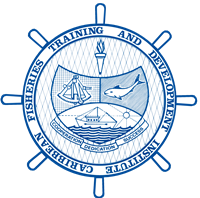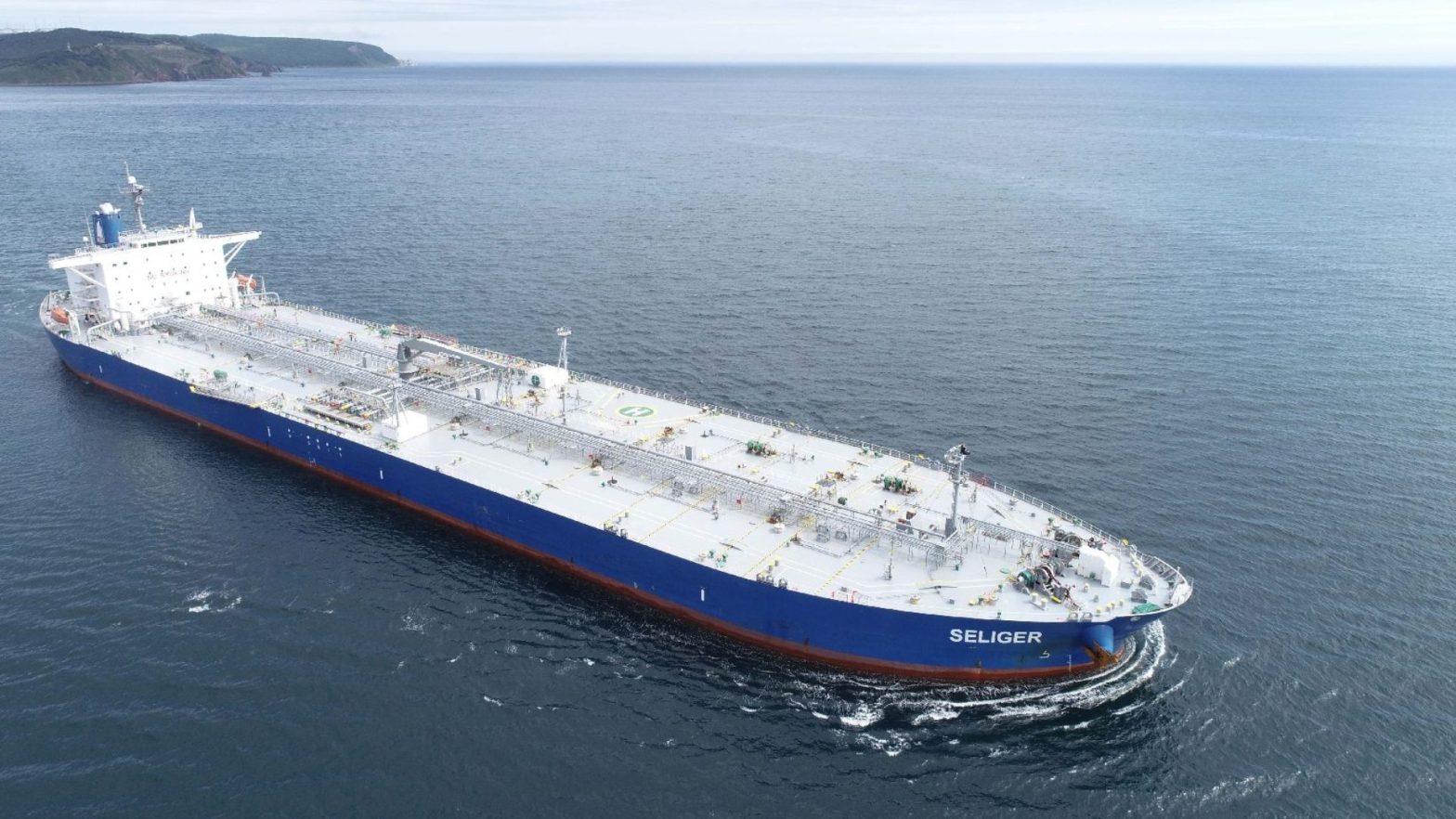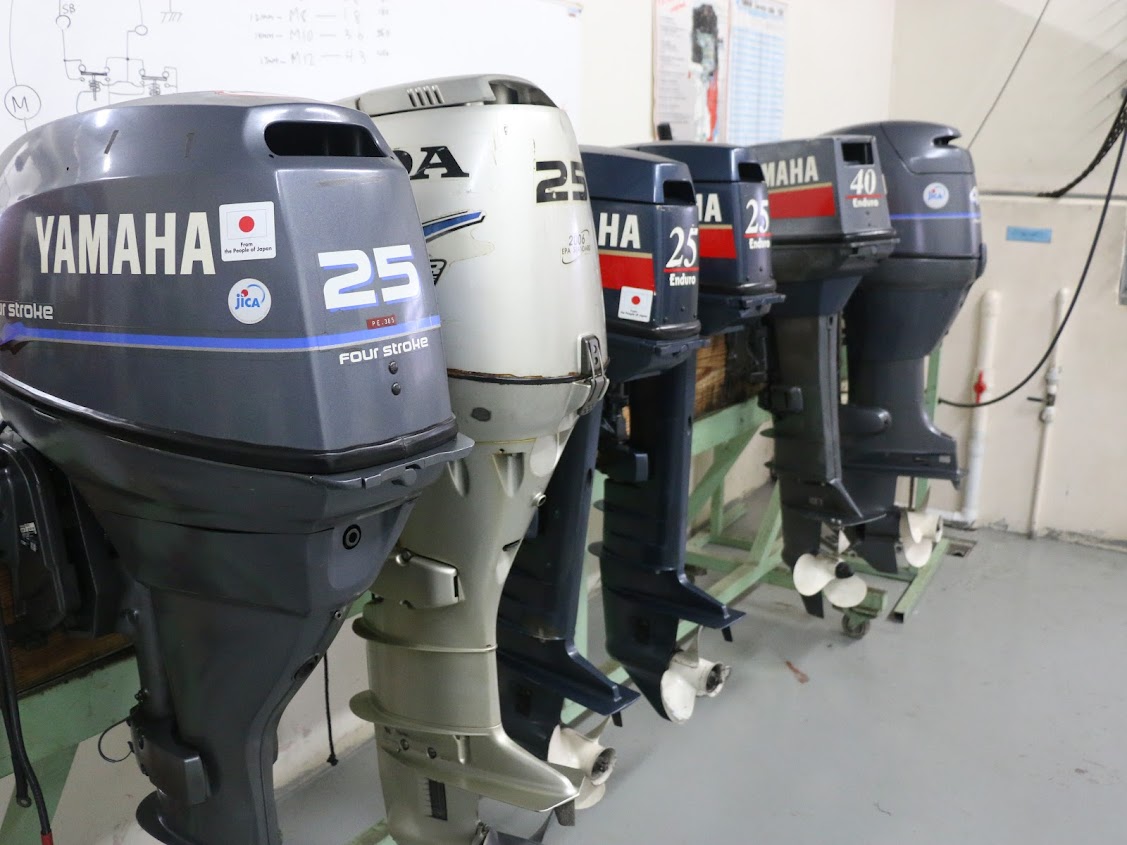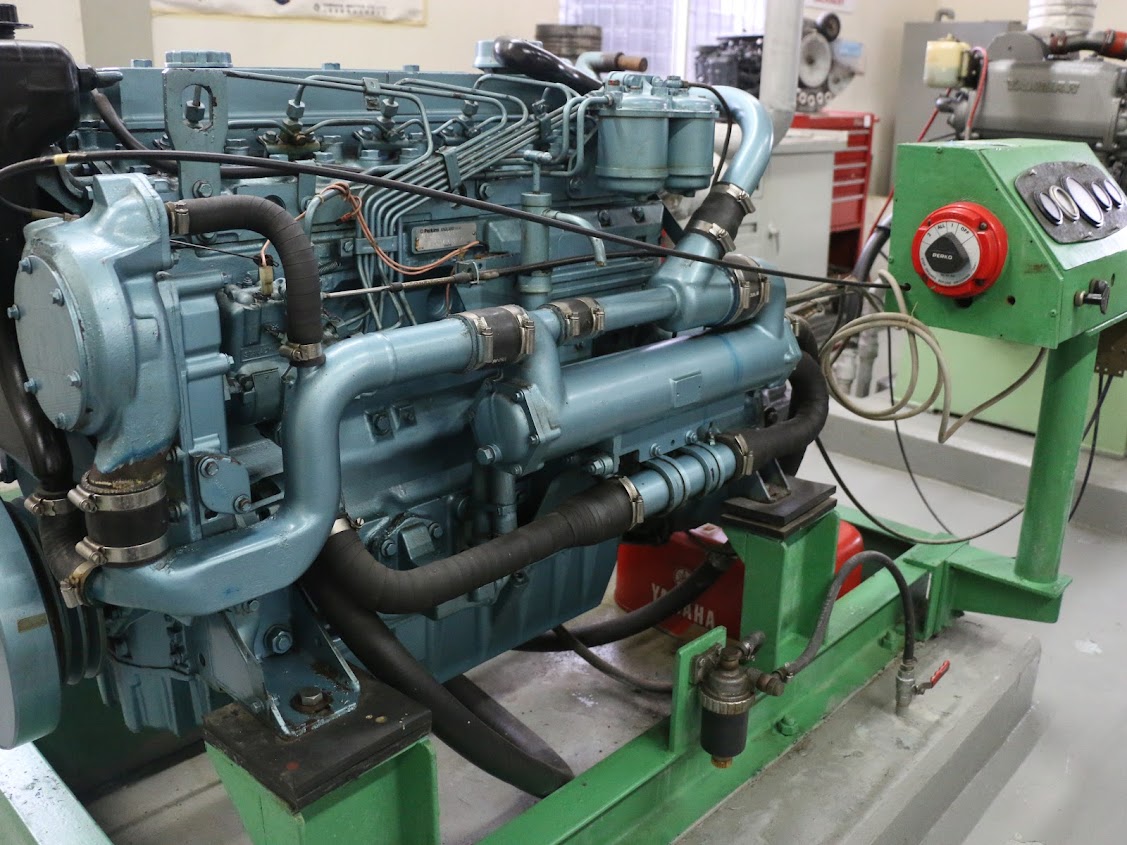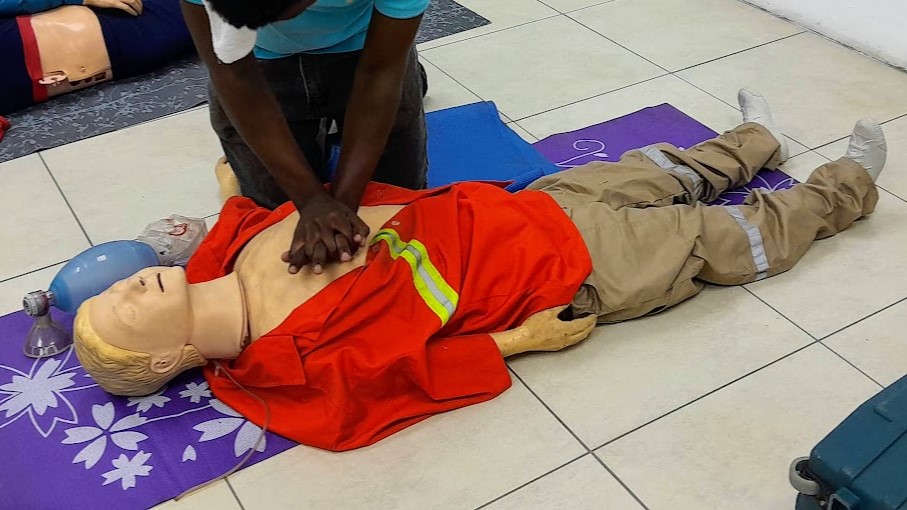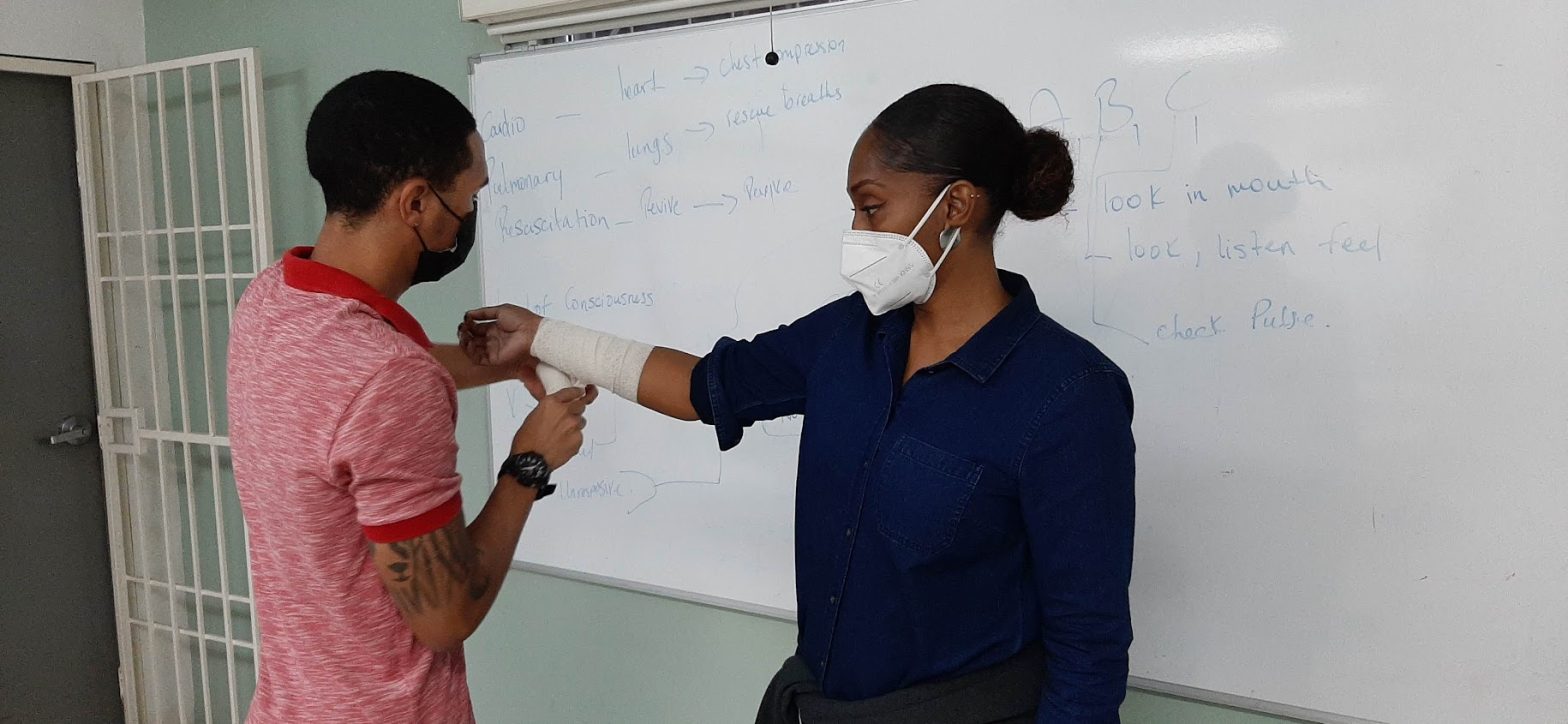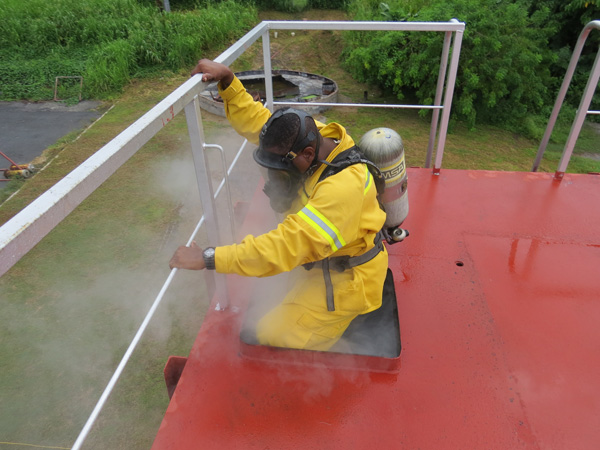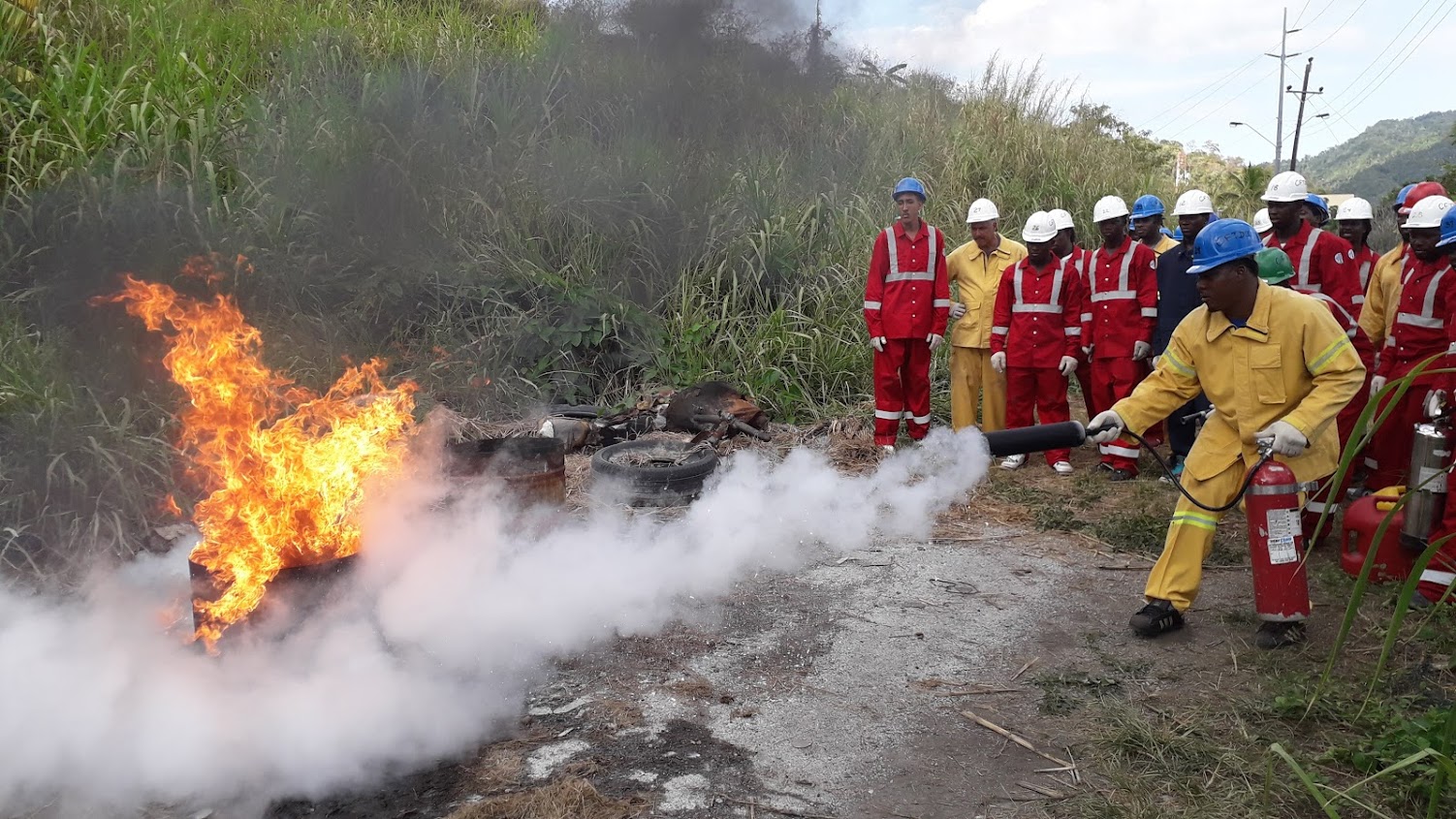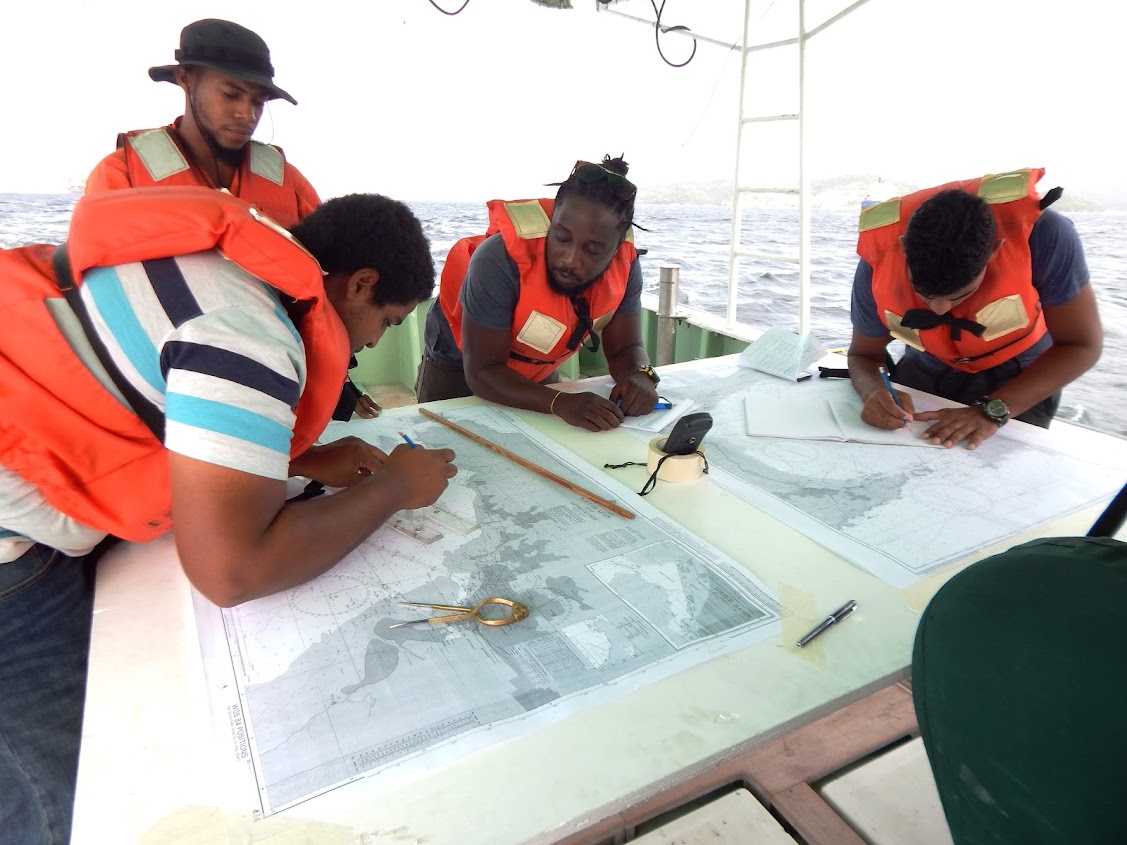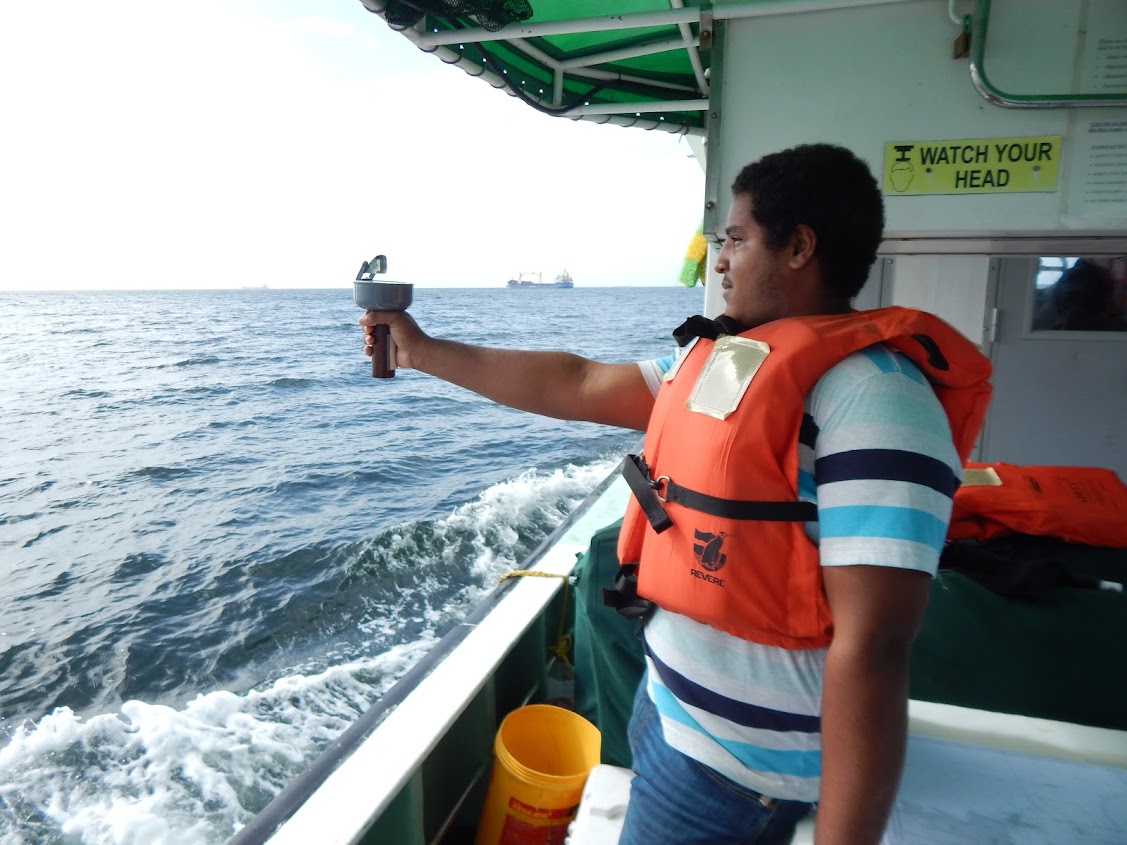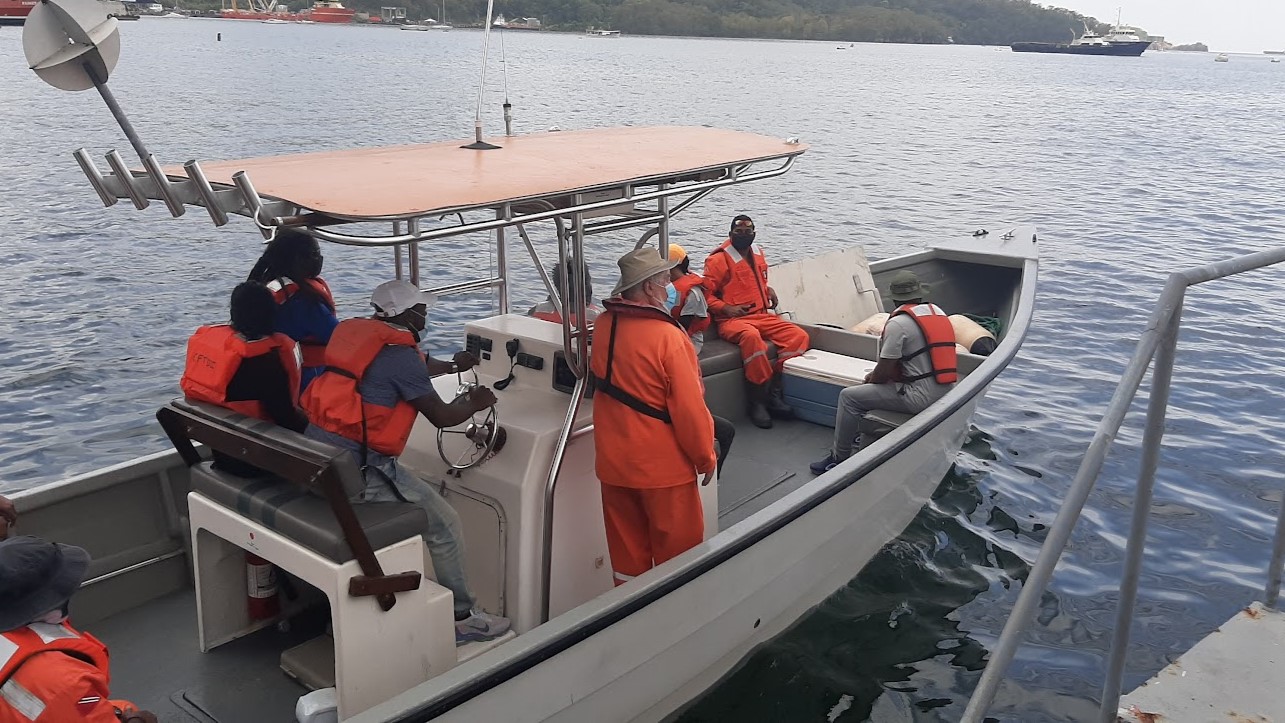COURSE OUTLINE Oil Tankers: Types of oil tankers Petroleum properties & hazards Cargo containment Tanker operations Marine pollution Safety Gas & Chemical Tankers Tank environmental control Cargo containment Emergency operations COURSE CERTIFICATE Upon successful completion of the course through a written report and examination, candidates will receive a Certificate of Participation attesting to the fact that the… Continue reading OIL, GAS, CHEMICAL TANKER SAFETY
Category: Courses
OUTBOARD MOTOR MAINTENANCE & REPAIRS
COURSE OUTLINE Describe the working principles of two-stroke and four-stroke outboard engines Maintain fuel, cooling, electrical, and lubricating systems of marine outboard engines. Disassemble and re-assemble outboard engines Assemble and disassemble marine outboard transmission and marine outboard propellers Troubleshoot and diagnose simple mechanical problems affecting two (2) and four (4) stroke outboard engines Read and… Continue reading OUTBOARD MOTOR MAINTENANCE & REPAIRS
RATINGS FORMING PART OF AN ENGINEERING WATCH (ENGINEERING RATING CATEGORY II)
COURSE OUTLINE The marine diesel engine Lubrication and lubricating systems Cooling systems Fuels and fuel systems Air supply systems/scavenging Pumping systems Introduction to hydraulic machinery Power transmission Instrumentation and automation Refrigeration practice Ship construction and naval architecture Electrical practice Steam engineering practice Domestic auxiliaries Watch keeping Marine pollution and control Machine shop practice COURSE CERTIFICATE… Continue reading RATINGS FORMING PART OF AN ENGINEERING WATCH (ENGINEERING RATING CATEGORY II)
MEDICAL FIRST AID (RE-VALIDATION)
COURSE OUTLINE Immediate action First aid kit Body structure and function Toxicological hazards abroad ship Examination of patient Spinal injuries Burns, scalds and effects of heat and cold Fractures, dislocations and muscular injuries Medical care of rescued persons, including distress, hypothermia and cold exposure Radio medical advice Sterilisation Cardiac arrest, drowning and asphyxia This course… Continue reading MEDICAL FIRST AID (RE-VALIDATION)
MEDICAL FIRST AID
COURSE OUTLINE Immediate action First aid kit Body structure and function Toxicological hazards abroad ship Examination of patient Spinal injuries Burns, scalds and effects of heat and cold Fractures, dislocations and muscular injuries Medical care of rescued persons, including distress, hypothermia and cold exposure Radio medical advice Sterilisation Cardiac arrest, drowning and asphyxia This course… Continue reading MEDICAL FIRST AID
ADVANCED FIRE FIGHTING & FIRE PREVENTION (RE-VALIDATION)
COURSE OUTLINE Safety and Principles Theory of Fire Fire Prevention Fire Detection Fixed Fire-Extinguishing Systems COURSE CERTIFICATE Upon successful completion of the course, determined by the instructor, the candidates will receive a certificate in accordance with Section A-V1/1 Paragraph 2 of the STCW Convention. This course emphasizes the participant’s ability to communicate, take command, and… Continue reading ADVANCED FIRE FIGHTING & FIRE PREVENTION (RE-VALIDATION)
ADVANCED FIRE FIGHTING & FIRE PREVENTION
COURSE OUTLINE Safety and Principles Theory of Fire Fire Prevention Fire Detection Fixed Fire-Extinguishing Systems COURSE CERTIFICATE Upon successful completion of the course, determined by the instructor, the candidates will receive a certificate in accordance with Section A-V1/1 Paragraph 2 of the STCW Convention. This course emphasizes the participant’s ability to communicate, take command, and… Continue reading ADVANCED FIRE FIGHTING & FIRE PREVENTION
COASTAL NAVIGATION FOR VESSELS UP TO 500 GRT
COURSE OUTLINE Definitions of navigational terms Explanations of navigational terms Introduction and usage of charts Chart work Navigational aids Tides Buoys and lights Rules of the road Collision regulations Navigation literature Preparation for sea pilotage & passenger planning Entering and leaving harbour On passage ENTRY REQUIRMENTS Must be medically fit with good eyesight Must not be… Continue reading COASTAL NAVIGATION FOR VESSELS UP TO 500 GRT
RATINGS FORMING PART OF A NAVIGATIONAL WATCH
COURSE OUTLINE Module 1: Sea Survival Intermediate Module 2: Marine Emergency Duties Module 3: Nautical Knowledge (Deck) Module 4: Seamanship Module 5: Pollution Prevention ENTRY REQUIREMENTS Under entry requirements: Seatime must be approved by the Maritime Services Division Not less that eighteen (18) years of age Medically fit Good eyesight in terms of colour, vision and form Ability… Continue reading RATINGS FORMING PART OF A NAVIGATIONAL WATCH
BOAT MASTER GRADE III
COURSE OUTLINE This course is modular and consists of the following: Local Knowledge and Regulations Seamanship Boat Handling Emergency Situations Passenger Safety Prevention of Pollution Electronic Aids to Navigation Weather Regulations for Preventing Collision at Sea Chartwork Legal Responsibilities towards Passengers and Seafarers Basic Knowledge of Vessel Construction and Stability Engineering Knowledge COURSE REQUIREMENTS … Continue reading BOAT MASTER GRADE III
